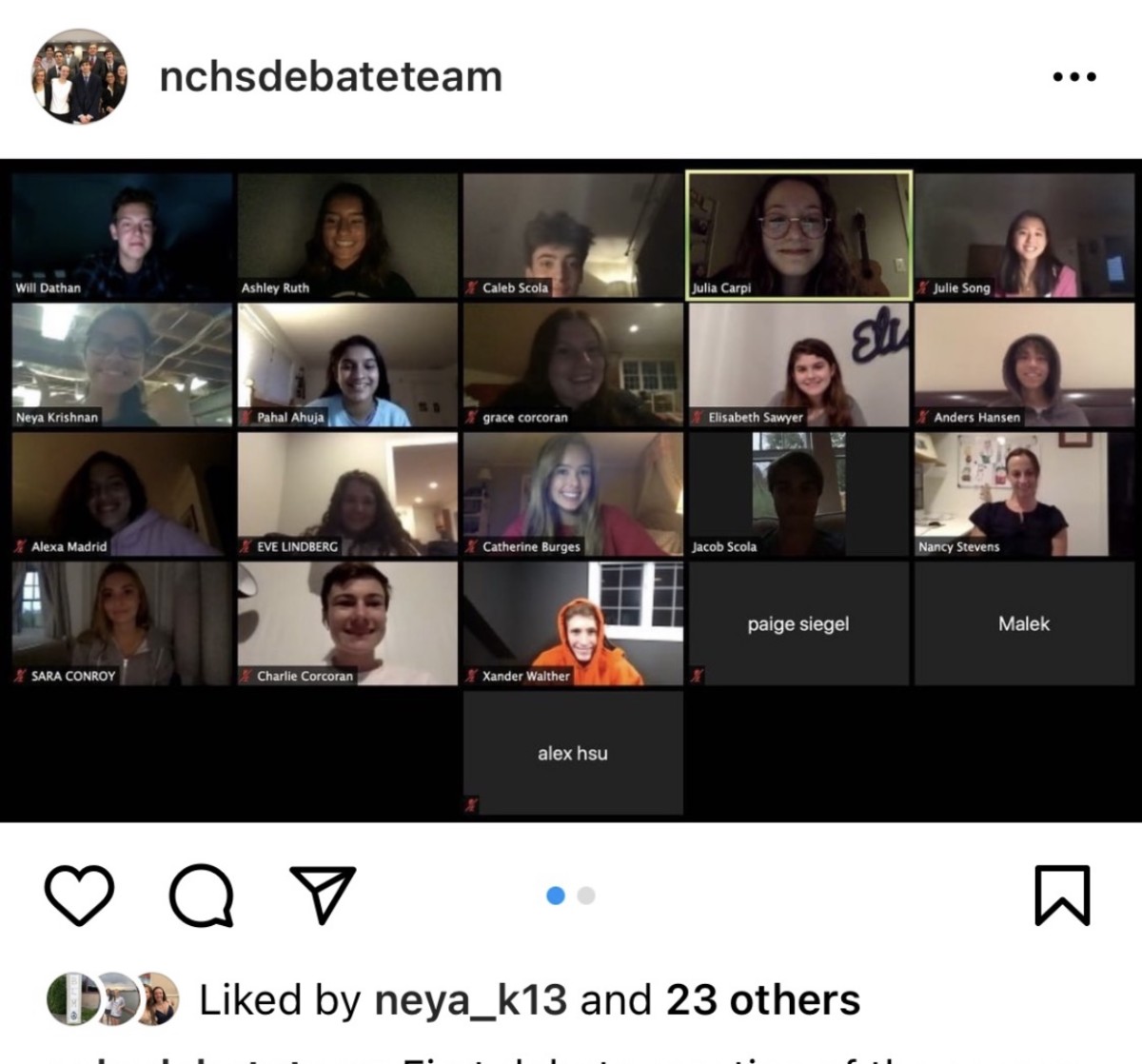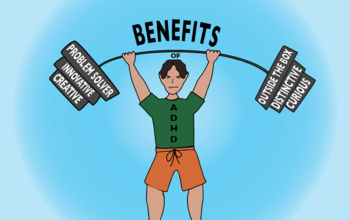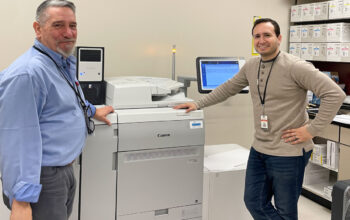Sara Conroy, Senior Editor
@sconroycourant
Many issues are dividing us in the world today. With all the rising tension and political disparities, clear divisions between “Us and Them” have arisen, causing Americans to be more aware of what divides us than what unifies us.
The pandemic has forced us into isolation and quarantine, and even those of us who are not consigned to specific spaces are asked to “stay together by keeping apart.”
The cohort situation divides us into groups on the school level, keeping us from interacting even with friends who are in the same class. Our only social interaction is restricted to that behind a screen.
When we have to remain separate, finding safe, effective, and organized ways to communicate is more important than ever.
Currently, the Debate Team is working to combat these complications while still developing, growing, and providing novice debaters with the instruction and tools they need.
I love the irony that Debate, an activity where you are supposed to beat your opponent, has brought people together in a time where we are forced to stay separate.
Debate has been significant this year because it has allowed students to engage intellectually and have interesting conversations about real-world issues in a time when many of us are remote.
As much as I love my family and attending classes from the comfort of my bedroom, I have found that staying home 24/7 can drive you a little crazy, and I’m sure some of my classmates can relate. With everything going on, staying in touch with friends and meeting new people is virtually impossible. Still, I know for myself and my Debate colleagues, debating has provided a fantastic opportunity to branch out and meet people you might never have been able to meet before.
From the group chat to fun interactive practises, debate is not only a time to discuss relevant issues, but it allows you to make lifelong friends.
The Debate Team has always had a cool vibe. When I joined, this is what I liked about it, but this year Debate has played an even greater role by being a source for people to make friendships. This is a direct result of how the captains have organized things.
Neya Krishnan, a senior co-captain, has had to work with her colleagues to alter typical debate practices. “Because of the pandemic, Debate Club meetings have moved to an entirely virtual platform. It was challenging at first because Debate is a club that’s all about stage presence and how you can deliver a message and impact an audience,” Neya said. “However, we’ve been able to deal with these challenges by striving to make our meetings as engaging and interactive as possible.”
Julia Carpi, a senior who has participated in the debate team for four years and has become co-captain, elaborated on the changes that have occurred. “We send out a survey the Wednesday before each Thursday’s meeting to get a head-count of approximately who will be coming to that week’s meeting,” She said. “From there, we pre-organize breakout rooms by the debaters whom we believe will work well together virtually.”
Julia went on to explain how the use of breakout rooms helps to keep debaters engaged. “Although Debate topics always surround pressing and interesting issues, it is especially crucial this year that the topics which are debated during practices feel relevant to debaters, due to the newfound virtual barrier between captain and debater.”
This year debate leaders are coming up with ways to keep novice debaters involved and to give them the instruction they need to succeed. “For novice debaters, we do a lot of different instructional practices,” Neya said. “The co-captains and I create various presentations on everything from how a debate works, to focusing on rebuttals, to weighing a debate.”
Neya further elaborated on this process. “Then we introduce new topics such as healthcare, the electoral college, etc. And have them debate the topics while also applying what we went over,” She said. “We also emphasize how everyone is nervous their first time, and that all we ask is for them to try their best. We try to put very little pressure on them.”
Due to all these changes, Debate continues to be an exciting and fulfilling experience. Newcomer Drew Bench’s favorite part of debate club is watching the debates occur. “I’m still learning and have only been to a few practices, so watching others debate allows me to learn how to do so myself,” He said. “Currently, I am learning strategies which include cross-examination and compound questions. I am also fairly good at finding loopholes in every argument, even if it’s what I believe personally.”
While the debate team is killing it the captains are planning on strengthening the team. Co-captain Will Dathan thinks the most crucial step is getting people interested. “I think, for now, we need to focus on strengthening our current team roster.” He said. “I hope that we can go back in person soon, as the social aspect of debate is very important.”
Julia believes it is essential to build new debaters’ confidence. “I want to continue helping my fellow team members along their debate journey, helping them to improve their public speaking and awareness of current events through targeted lessons and practice debates,” Julia said. “Above all, this year I’ve seen debaters become more open-minded and educated in terms of their perspectives on pressing political and social issues, and I’m sure that is one of the biggest accomplishments I’ll take away from being a captain of the debate team.”
Neya is thankful for the team. “I think we have a pretty strong team. As evidenced by our last tournament’s results, the debate team is doing very well, and I feel honored to lead such a brilliant team.”
This year has been full of many twists and turns, from the unexpected pandemic to the tense political situation. Still, the debate team has developed new strategies to combat these challenges and are becoming a more cohesive unit.




